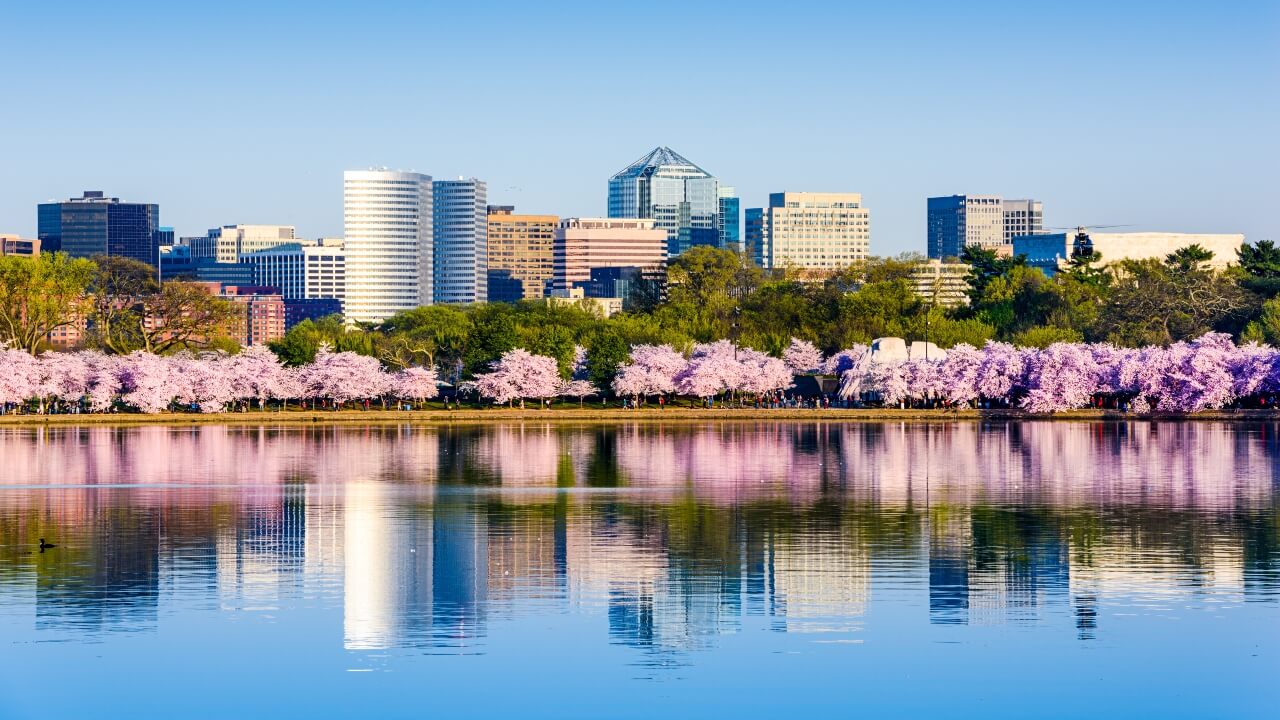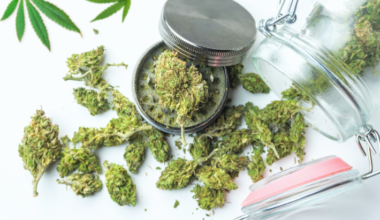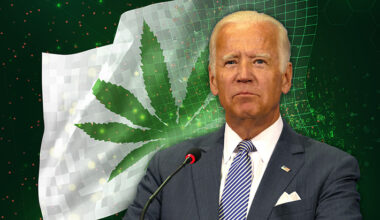While overall medical marijuana sales in Washington, D.C., have nearly doubled since January, dispensaries that converted from “gifting” shops are facing significant struggles.
Cannabis sales in the District of Columbia increased from $4.6 million in January to nearly $9 million in May, according to the Alcoholic Beverage and Cannabis Administration (ABCA).
In that time, the district has cracked down on the gifting shops that were authorized under voter-approved Initiative 71, which legalized the recreational possession, consumption and sharing of marijuana among adults while outlawing sales of the drug.
The measure allowed stores selling non-marijuana items to include a “gift” of cannabis.
Those retailers had until March 31 to open as licensed medical marijuana facilities or be shut down.
“There were 250-plus at the peak,” said Robbie Martin, president of the DC Cannabis Business Association.
“Now, unlicensed brick and mortar is uncommon to see around town.”
There are currently about 60 licensed medical marijuana retailers in the district, up from roughly 10 before the gifting shops started transitioning a few months ago.
Increased competition from the newly licensed dispensaries, the lingering presence of unlicensed shops offering cheaper products and regulatory challenges have combined to make turning a profit difficult.
High hopes, hard times in D.C.
“The first 90 days have been a tarantula,” said Terrence White, CEO of Monko, a former gifting shop that spent about six months converting to a licensed MMJ dispensary.
White said that business is down about 250% since he transitioned Monko, with sales dropping from about $300,000 per month to barely $100,000.
Patient participation is lagging, with only 53,000 transactions among the district’s roughly 60 dispensaries, White said.
“People are not really excited about the D.C. medical market,” he said. “It’s been kind of a dipsy-doodle time.”
Linda Greene, owner and CEO of dispensary Anacostia Organics, said the new dispensaries are cannibalizing sales from the original cannabis businesses, but she doesn’t expect all of the new shops to survive.
“I think a lot will close sooner than later because of taxation, compliance and because they have to buy product from a licensed cultivator, which don’t have product yet – it takes a minute for that,” she said.
“We have found that some are still getting product from their old suppliers and not using Metrc.”
Both White and Greene noted that Washington, D.C., borders Maryland, where recreational marijuana is legal.
Although self-certification makes getting a medical card in the district easy, the city’s dispensaries can’t compete on price and many people don’t want to be part of a registry.
“You can go to a recreational dispensary within 15 minutes without having to register as a patient,” Greene said.
Green and White also agree that the district needs leadership in government that understands and supports the industry.
“Until we can find a champion who will fight for us in council, we’re fighting an uphill battle,” White said.
National brands legitimize market
Martin, of the DC Cannabis Business Association, said that since regulators cracked down on gifting shops, national brands are demonstrating more interest in the market.
“A year ago, D.C. was on a blacklist, but that deadline opened up a lot of people’s eyes. It looks like it’s going legit,” he said.
One brand that’s embracing the Washington, D.C., market is Cookies, which started selling products in medical marijuana shops earlier this year.
The company is now opening Cookies DC on July 11, a dream the dispensary’s owner and CEO James Kahn has had for about five years.
“Cookies is the first international brand showing up in D.C.,” said Kahn, a founder of the family operated Takoma Wellness Center in the district.
“It has legitimized the current cannabis market for all these new consumers.”
Crystal Millican, senior vice president of marketing and retail for San Francisco-based Cookies, said the brand has eyed the District of Columbia for a long time.
“D.C. is an important market,” Millican said. “D.C. is our country’s history – it’s also our country’s future.”
Monko’s White said attracting more national brands is the key to the Washington, D.C., MMJ market’s survival.
“Until we get other national brands in, we’re going to be stuck in a bad place,” he said.
“It’s not that we don’t have the people to market to. We don’t have the brands to market to the people.”
Margaret Jackson can be reached at margaret.jackson@mjbizdaily.com.
Subscribe to the MJBiz Factbook
Exclusive industry data and analysis to help you make informed business decisions and avoid costly missteps. All the facts, none of the hype.
What you will get:
- Monthly and quarterly updates, with new data & insights
- Financial forecasts + capital investment trends
- State-by-state guide to regulations, taxes & market opportunities
- Annual survey of cannabis businesses
- Consumer insights
- And more!
Medical Disclaimer:
The information provided in these blog posts is intended for general informational and educational purposes only. It is not a substitute for professional medical advice, diagnosis, or treatment. Always seek the advice of your physician or other qualified healthcare provider with any questions you may have regarding a medical condition. The use of any information provided in these blog posts is solely at your own risk. The authors and the website do not recommend or endorse any specific products, treatments, or procedures mentioned. Reliance on any information in these blog posts is solely at your own discretion.






